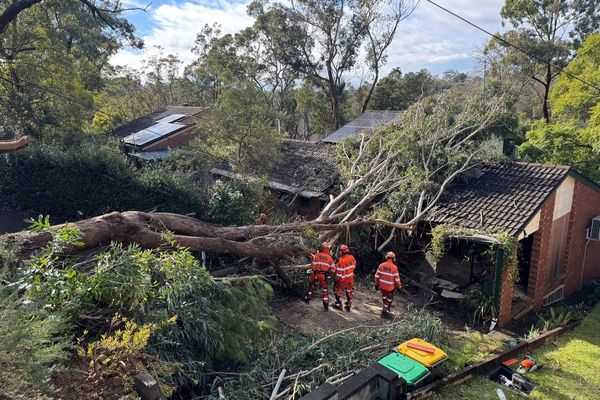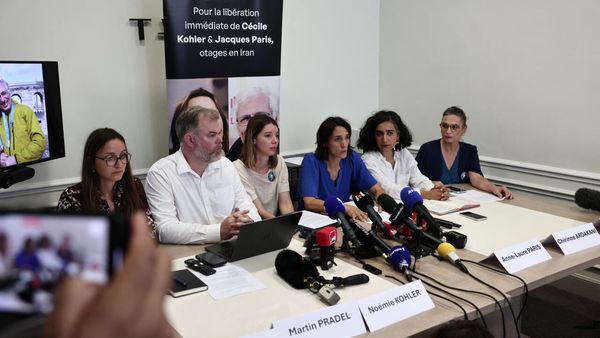
I do not intend to argue with my South Shore neighbors over whether the shuttered South Shore High School should be converted into a temporary respite center for the new immigrants.
I get it.
Government shouldn't force its will on taxpayers.
But what if these immigrants — bused here by an anti-immigration governor determined to stick it to sanctuary cities like Chicago — were fleeing a natural disaster in Haiti or trying to escape Ukraine? Would the community be as adamant about keeping them out?
Most of us hesitate to talk about race, choosing to ignore the most divisive issue that plagues our city. Those who do share their thoughts on race are often misunderstood.
But the sticky subject is front and center in the migrant crisis.
Ald. Jeanette Taylor (20th) didn't hide her feelings during the debate in the City Council, where $51 million to support the migrants won approval.
"I'm so tired of when it’s a crisis for everybody else, we go: 'We gotta do something,’ “ Taylor said, getting a standing ovation. “But, when we are having this violence in the Black community, nothing gets said or nothing gets done.”
Given the outrage at the meeting, apparently a lot of people agree with Taylor, who eventually voted for the funding.
Before you harshly judge the people who are outraged about the $51 million to help the migrant population, consider some of the reasons such tensions exist between Black and Latino people in the first place.
For starters, Black people who came from the South during the Great Migration faced an unparalleled level of discrimination and disinvestment. They went from enduring restrictive covenants to being stacked in high-rise public housing to dealing with blatant redlining.
Latino people were welcomed in neighborhoods where Black people were attacked just for passing through.
Latino people could find work on construction sites, while Black men had to fight to get into the trades.
The struggle to close the unemployment gap still exists for Black workers.
A recent University of Illinois Chicago Great Cities Institute report found the jobless rate for Black people 20 to 24 years old was 57% in 2021, up from 44% in 2019.
And the jobless rate for Black women 20 to 24 rose from 32% in 2019 to almost 60% in 2021.
These are challenging times for many Black people, who are living from check to check.
A political coalition has formed with Mayor Brandon Johnson's election and more Latino people elected to the City Council.
But that progress could be upended by the migrant crisis if we allow the "what about us?” mentality to take hold.
I met a week ago with a young Latina who was collecting essentials for migrants being housed on the South Side. Her ask was small: snacks, water, clothing, shoes, used bikes so the migrants who found work would have transportation and used luggage to keep up with their few possessions.
"The migrants literally have nothing," she told me.
My Christian beliefs won't let me close my hand to the migrants any more than I could pass an unhoused stranger on the street without feeling compelled to do something.
After all, there but for the grace of God go I.
This influx of migrants is an opportunity to show where we stand.
We can build on the legacy of segregation by turning our backs on those who do not look or talk like us.
Or we can do what Johnson talked about in his inauguration speech when he summoned the "soul of Chicago."
We can rise up and help build a better city for us all.







